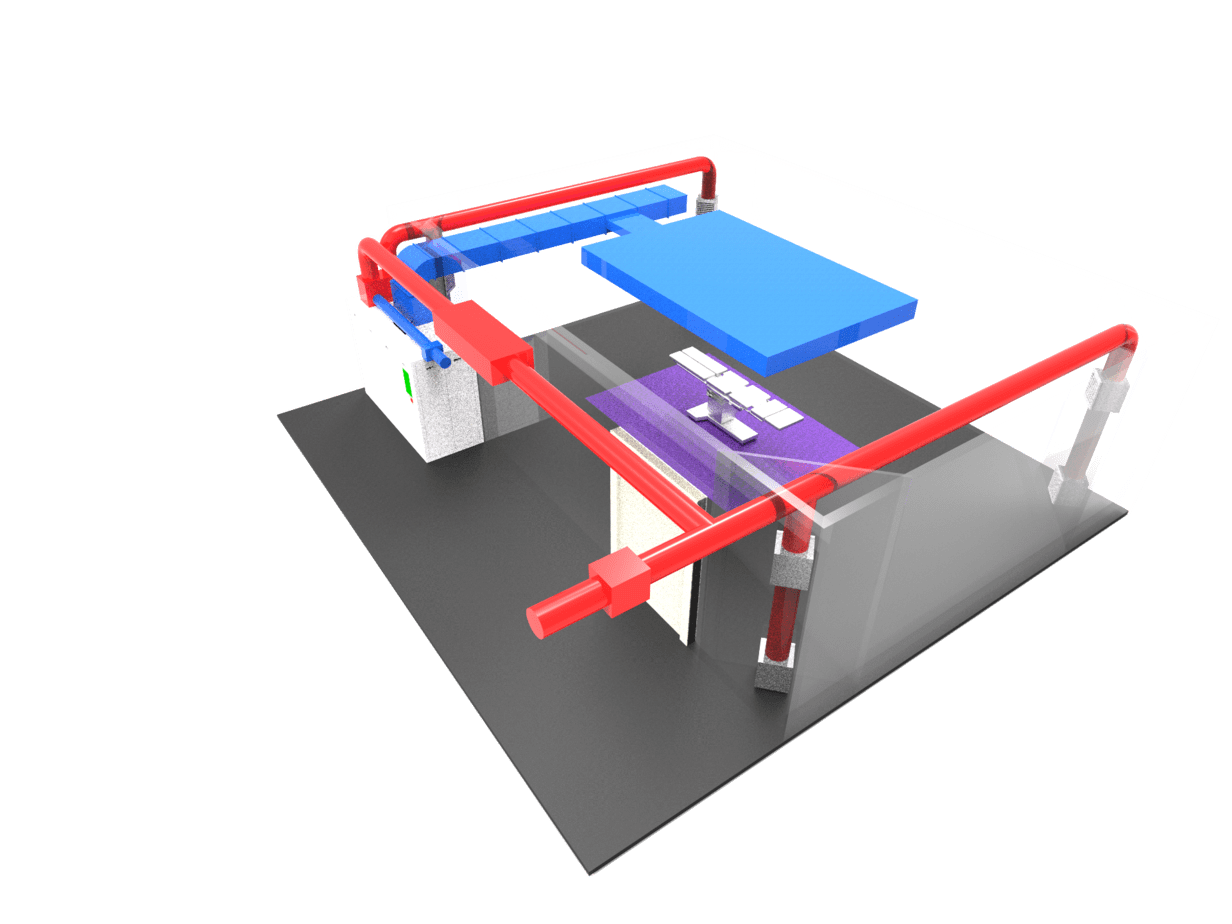An air handling unit is usually a large metal box containing a blower, heating or cooling elements, filter racks or chambers, sound absorbers, and dampers. Airhandlers usually connect to a ductwork ventilation system that distributes the conditioned air through the building and returns it to the AHU.
Once considered a luxury, this invention is now an essential, allowing us to cool homes, businesses, hospitals, data centers, laboratories and other buildings vital to our economy and daily lives.
Proper selection of an air handler requires answering furthermore questions ranging from “what capabilities are required?” to “will it fit?” Only after establishing these basic project constraints can the art of evaluating and selecting an AHU begin.
The structure and components of AHU will differ from every application. Hygienic air handling units are used in surgical operating rooms, clean rooms, food, medicine and chemistry facilities and in similar places where sensitive sterile conditions are required.
The supplied air is managed by the air handler to control strict room climate conditions, with the ultimate goal of creating an environment promoting higher levels of sanitation while hindering bacteria growth and spread.
The main differences between regular AHU and Hygienic AHU are :
– The hygienic components and smooth surfaces to avoid humidity and the development of micro-organisms.
– The structure and casing which respects norm standards
– The hygienic sound absorbers placed in the AHU to reduce the level of particles in the ductwork,
– The efficiency in filtration,
– The technology of micro organism reduction.
In consequence, hygienic AHU can be installed in the controlled area to manager better the risk. It reduces the consumption of power, but also the installation works and time.
For further information on hygienic air handling units, do not hesitate to contact our team






